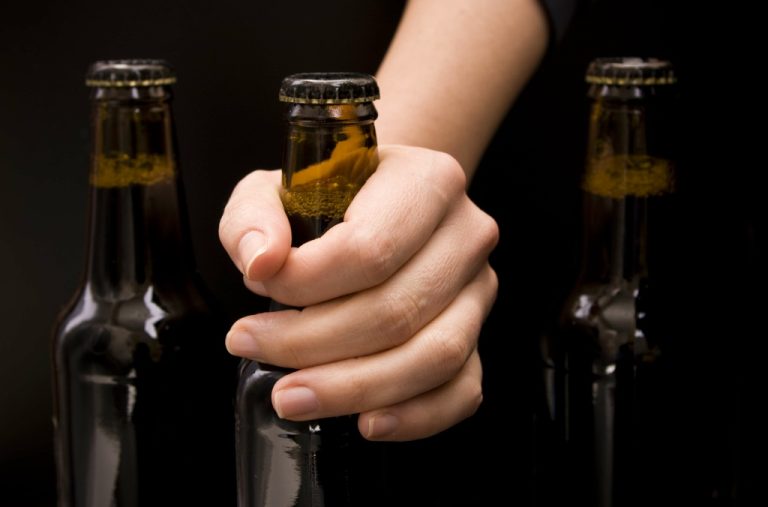A person who thinks they may be experiencing symptoms of kidney cancer should speak with a healthcare professional as soon as possible. Drinking alcohol can lead to other short-term and long-term health issues. Kidney cancer, also called renal cancer, occurs when cells grow uncontrollably in the kidneys. Liquor itself is alcohol and kidneys very low in both potassium and phosphorus, but when included with mixers such as tomato juice or orange juice, can become high potassium beverages. This helps move fluids through the system and lowered the risk of getting calcium oxalate stone. We will cover the nutritional aspects of how alcohol can effect the kidneys.

Small amounts of alcohol can be easily filtered and disposed of, but too much alcohol affects how the kidneys work, impairing them to the point of not being able to properly purify the blood of the alcohol content. Alcohol is capable of undoing the kidneys’ ability to filter out toxins, and while this is not usually a problem with normal drinking, it becomes a serious problem when the drinking is abusive or excessive. Try swapping out alcoholic drinks for alternative beverages such as juices and teas. Coconut water, apple cider vinegar drinks, and hot chocolate are great options.
1. Data Collection
Additional research is needed to clarify if alcohol does indeed promote kidney injury and the mechanisms by which alcohol-induced kidney injury may occur. Clinical studies of hypertensive patients have demonstrated that reducing alcohol intake lowers blood pressure and resuming consumption raises it. Although the mechanisms responsible for these effects have not been established, an experimental study by Chan and Sutter (1983) offers some insight.
- They will be moved to the kidneys where they will be excreted in the urine.
- Although hepatorenal syndrome often ensues after an event that reduces blood volume (e.g., gastrointestinal bleeding), it also can occur without any apparent precipitating factor.
- Healthy men who consumed moderate alcohol had a lower risk of renal dysfunction.
- Liver disease makes you susceptible to pain or discomfort after drinking alcohol.
- When the liver is affected and unable to handle the amount of ethanol consumed, the kidneys take over some part of its work.
- One of the concerns about alcohol for kidney patients on a renal diet has been phosphorus.
Like the kidneys, the liver plays an important role in maintaining acid-base balance. Liver diseases—including alcohol-induced liver problems—disrupt this function and can contribute directly or indirectly to a wide range of acid-base disturbances. Another potential cause of hypophosphatemia in alcoholic patients is hyperventilation, which can occur during alcohol withdrawal.
Sodium
Changes in hydration and electrolytes from alcohol intake can increase the risk for a UTI. Though some may be more prone to kidney failure and disease than others, there are still measures you can take to ensure healthy kidney functioning. Alcohol not only alters the function of the kidneys, https://ecosoberhouse.com/ but their very physical structure. Studies have shown that alcohol intake can enlarge and alter cells in the organ’s tubules. Drinking alcohol if you already have kidney stones may cause them to move quickly. The areas around your kidneys may feel sore after you drink alcohol.

Recent Comments